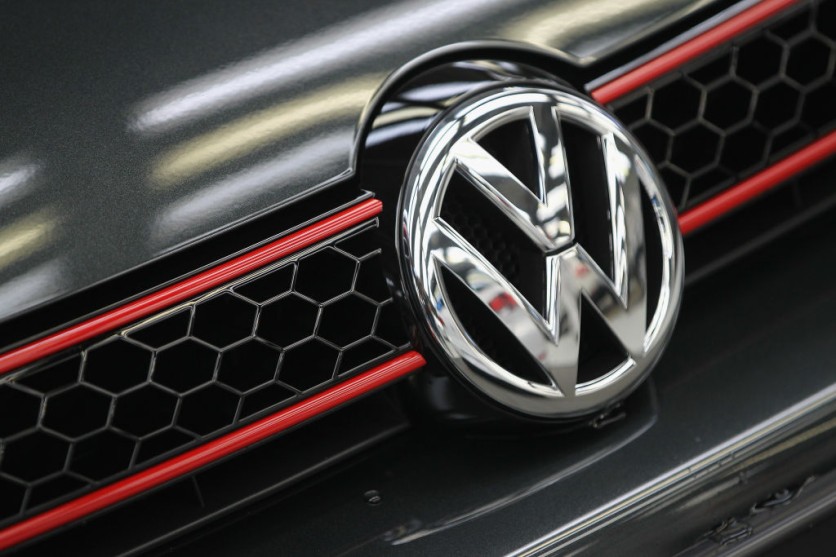Volkswagen Australia is reportedly looking to produce more plug-in hybrid models within the nation ahead of the recently introduced "New Vehicle Efficiency Standard" (NVES).
The new standard requires car manufacturers to import their most fuel-efficient models into the nation.
The German automaker has recently demonstrated a decreased desire to provide plug-in hybrid power on more than just the new Touareg R in Australia, which is its first PHEV locally, in favor of getting ready to take advantage of the market's present surge in sales of electric vehicles.
However, according to Ralph Beckmann, the marketing manager for Volkswagen passenger vehicles, the NVES has forced the company to reconsider its position on plug-in hybrid electric vehicles (PHEVs) and has simplified the process of obtaining these vehicles' manufacturing from the European facility.

VW Australia has long maintained that it needed a stronger position to effectively request newer, more efficient powertrain alternatives from its German parent company.
It claims that VW Australia has more clout in talks about providing more plug-in hybrid electric vehicle (PHEV) options in the local market because of the impending implementation of NVES, which will enforce average CO2 emissions targets throughout each brand's lineup starting next year.
When asked which Volkswagen vehicles will most likely get plug-in hybrid technology, the answer is the Golf and Tiguan.
Regarding availability, it seems improbable that Volkswagen will add a plug-in hybrid version to the current Tiguan lineup, considering that its replacement is available in Europe.
Read Also : Porsche Bets on South 8 to Solve EV Winter Woes
Australia's NVES
In addition to requiring automakers to provide fuel-efficient vehicles, Australia's NVES aims to lower greenhouse gas emissions to the level of a small nation's CO2 emissions.
It also guarantees that residents can access more diesel, gasoline, hybrid, and electric vehicles for business and pleasure. The new standards will be implemented in early 2025.
Automakers on EVs
While Volkswagen Australia may soon increase the production of plug-in hybrids, Nissan in Mississippi has recently revealed that it is considering postponing its manufacturing within the state from making more electric vehicles because demand growth is lower than experts projected,
In the US, Nissan offers two electric vehicles: the Ariya SUV and the compact hatchback Leaf. Though two of the five new EV models the business plans to build in Canton are initially scheduled for production in 2025, the other three are still under development.
Nissan and Infiniti vehicles were anticipated to be among the new models. Infiniti is Nissan's luxury brand. Nissan still plans to begin producing the vehicles in Mississippi, but that plan has been delayed.
Even so, Nissan made it apparent to sources that the company is only adjusting the release schedule for these five new models to make sure the vehicles are delivered on time, that priorities are set according to customer demand, and that Nissan's brands and supplier partners are given the best chance of succeeding.
Related Article : Lamborghini CEO Claims 100% Electric Supercars are Not Selling Well

(Photo: Tech Times)
ⓒ 2025 TECHTIMES.com All rights reserved. Do not reproduce without permission.




